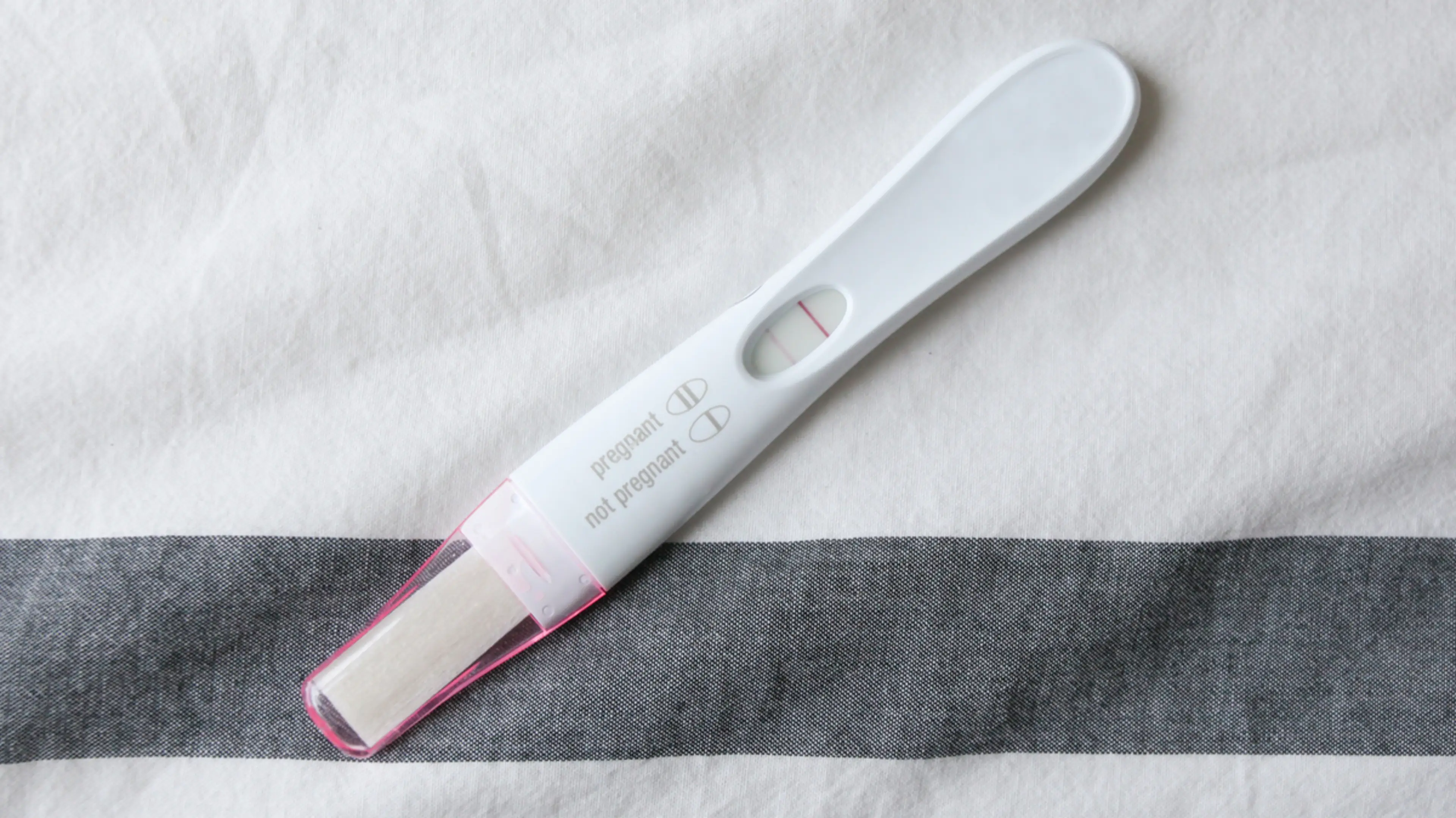
Positive Pregnancy Test: A Comprehensive Guide
Introduction
A positive pregnancy test is a life-changing event that can evoke a myriad of emotions, from joy and excitement to trepidation and uncertainty. This comprehensive guide aims to provide a thorough understanding of positive pregnancy tests, including their accuracy, types, interpretation, and implications.
Accuracy of Pregnancy Tests
Pregnancy tests detect the presence of human chorionic gonadotropin (hCG), a hormone produced by the placenta after implantation of a fertilized egg. The accuracy of pregnancy tests varies depending on several factors:
- Test type: Home pregnancy tests are generally less sensitive than laboratory-based tests.
- Time of testing: Tests taken too early in pregnancy may not detect hCG levels, resulting in false negatives.
- Urine concentration: Diluted urine can affect test accuracy.
- User error: Incorrect test procedures can lead to false results.
Types of Pregnancy Tests
There are two main types of pregnancy tests:
- Home pregnancy tests: These over-the-counter tests are widely available and provide quick results.
- Laboratory-based pregnancy tests: These tests are performed in a clinical setting and offer higher sensitivity and accuracy.
Interpretation of Pregnancy Tests
Pregnancy tests typically display one of two results:
- Positive: Indicates the presence of hCG, suggesting pregnancy.
- Negative: Indicates the absence of hCG, suggesting no pregnancy.
False Positives and False Negatives
While pregnancy tests are generally accurate, false positives and false negatives can occur.
- False positives: These occur when a test indicates pregnancy but the woman is not actually pregnant. This can be caused by certain medical conditions or medications.
- False negatives: These occur when a test indicates no pregnancy but the woman is actually pregnant. This can happen if the test is taken too early or if the urine is diluted.
Implications of a Positive Pregnancy Test
A positive pregnancy test has significant implications for the woman and her partner. It initiates a journey of physical, emotional, and lifestyle changes.
Physical Changes
Pregnancy triggers a cascade of hormonal and physiological changes, including:
- Increased hCG levels: These levels peak around 10-12 weeks of pregnancy.
- Uterine growth: The uterus expands to accommodate the growing fetus.
- Breast changes: Breasts become larger and tender.
- Morning sickness: Nausea and vomiting are common during the first trimester.
- Fatigue: Increased progesterone levels can lead to fatigue.
Emotional Changes
A positive pregnancy test can evoke a range of emotions, such as:
- Joy and excitement: Many couples experience immense happiness at the prospect of becoming parents.
- Anxiety and uncertainty: Some women may feel anxious about the responsibilities and challenges of parenthood.
- Ambivalence: Mixed feelings of excitement and trepidation are common.
Lifestyle Changes
Pregnancy requires significant lifestyle adjustments, including:
- Prenatal care: Regular doctor visits are essential for monitoring the health of the mother and baby.
- Healthy diet: A nutritious diet is crucial for the baby’s growth and development.
- Exercise: Moderate exercise is generally safe during pregnancy.
- Avoiding harmful substances: Smoking, alcohol, and certain medications should be avoided.
- Emotional support: Seeking support from family, friends, or a therapist can help navigate the emotional challenges of pregnancy.
Next Steps After a Positive Pregnancy Test
After a positive pregnancy test, it is important to:
- Confirm the pregnancy: Schedule an appointment with a healthcare provider to confirm the pregnancy and discuss next steps.
- Start prenatal care: Establish a relationship with a healthcare provider who will provide regular prenatal care and guidance.
- Make lifestyle changes: Begin implementing healthy lifestyle changes to support the pregnancy.
- Seek emotional support: Talk to loved ones or consider joining a support group for pregnant women.
- Plan for the future: Discuss future plans, such as childbirth options and childcare arrangements.
Conclusion
A positive pregnancy test is a momentous occasion that marks the beginning of a transformative journey. By understanding the accuracy, types, interpretation, and implications of pregnancy tests, women can navigate this life-changing event with confidence and informed decision-making. Remember to seek professional guidance and support throughout the pregnancy to ensure the health and well-being of both the mother and the baby.